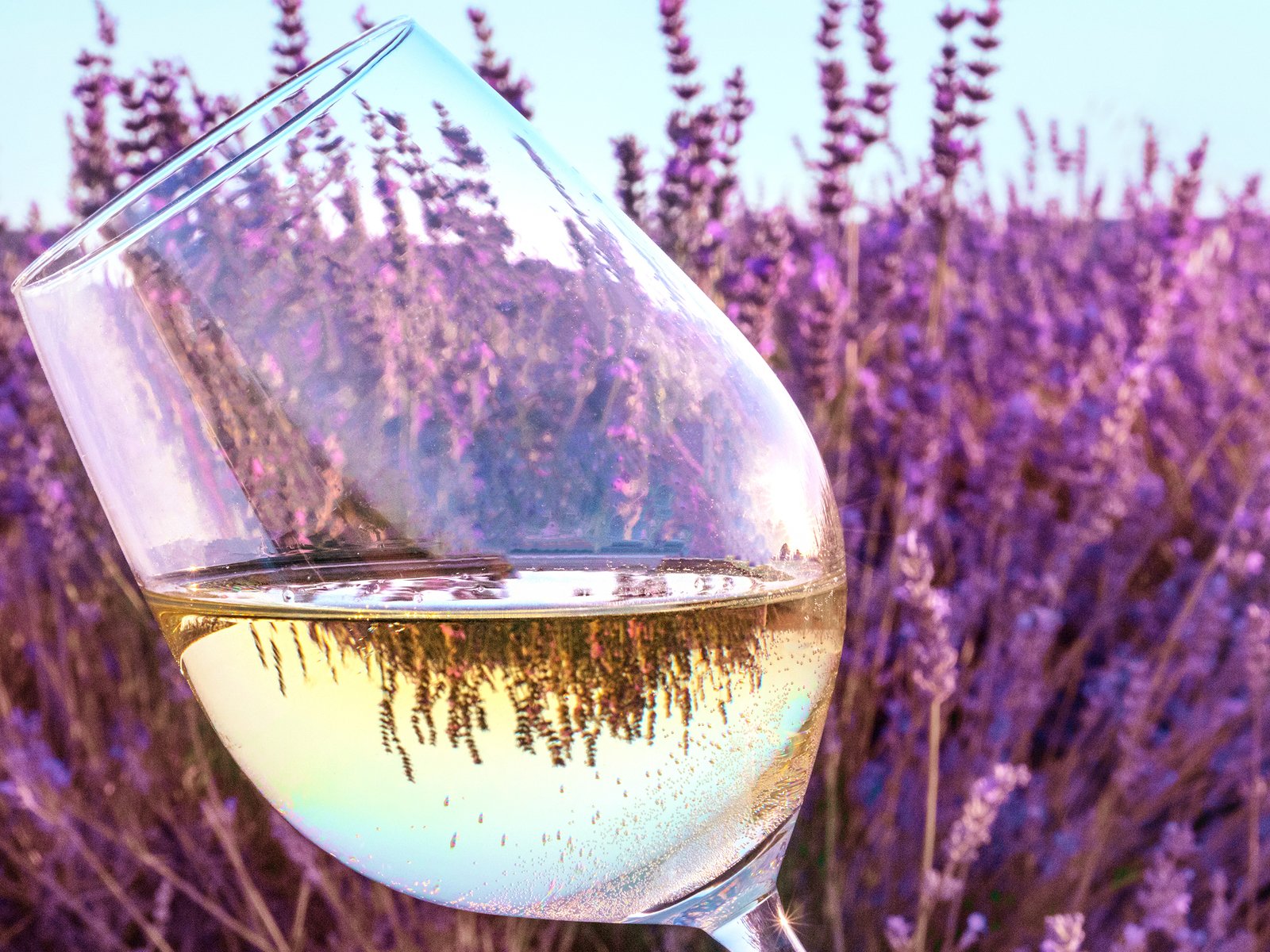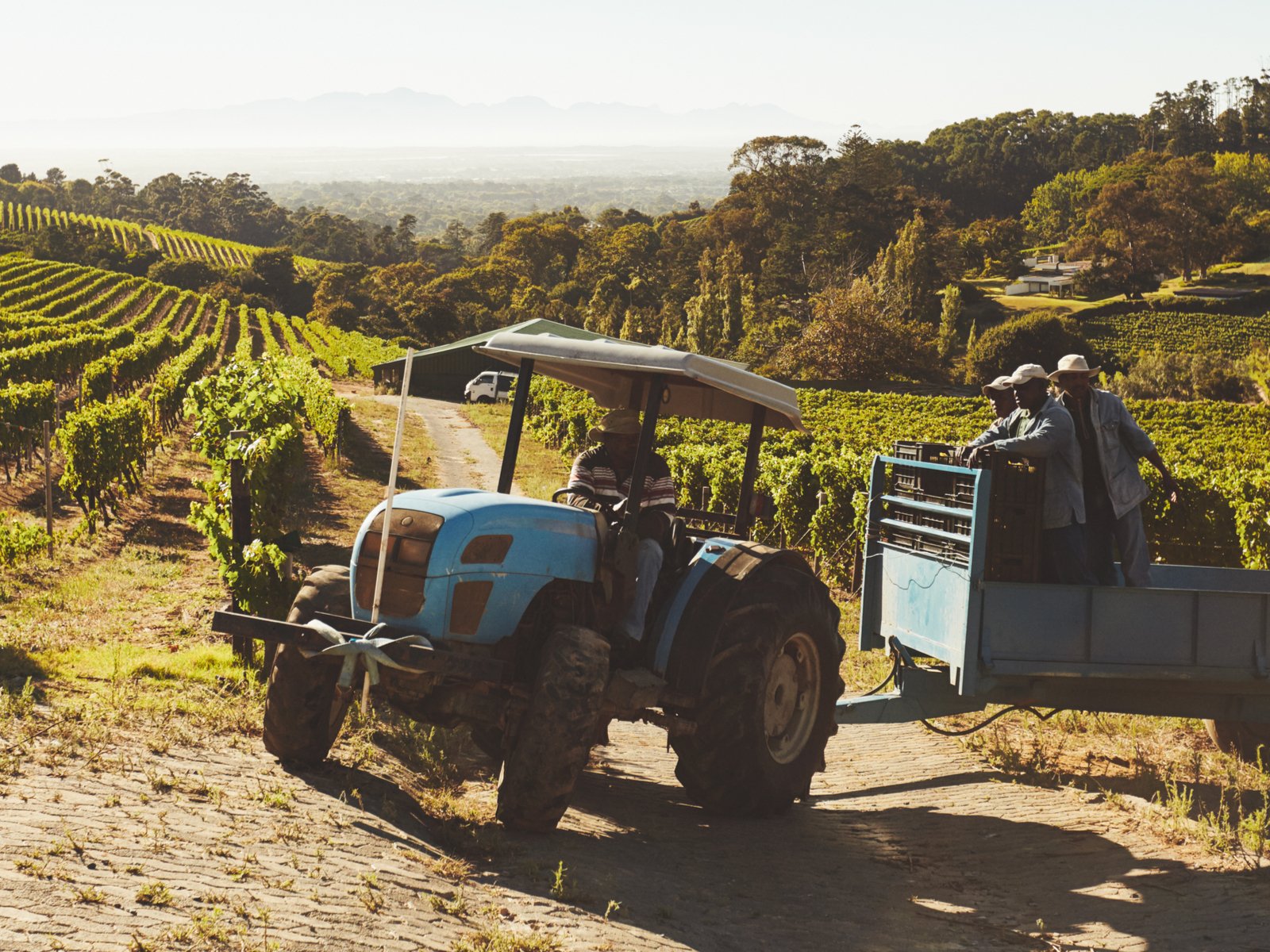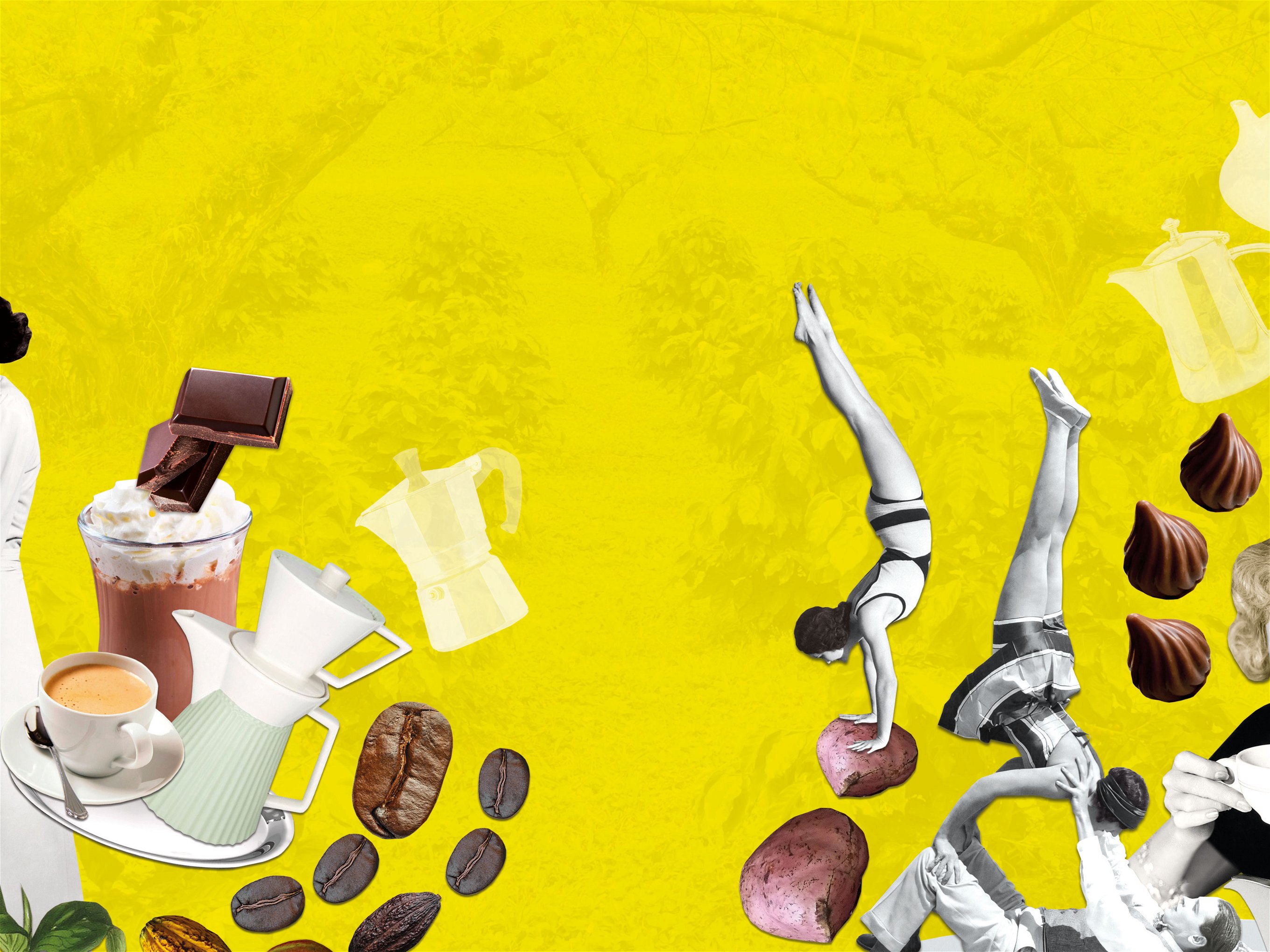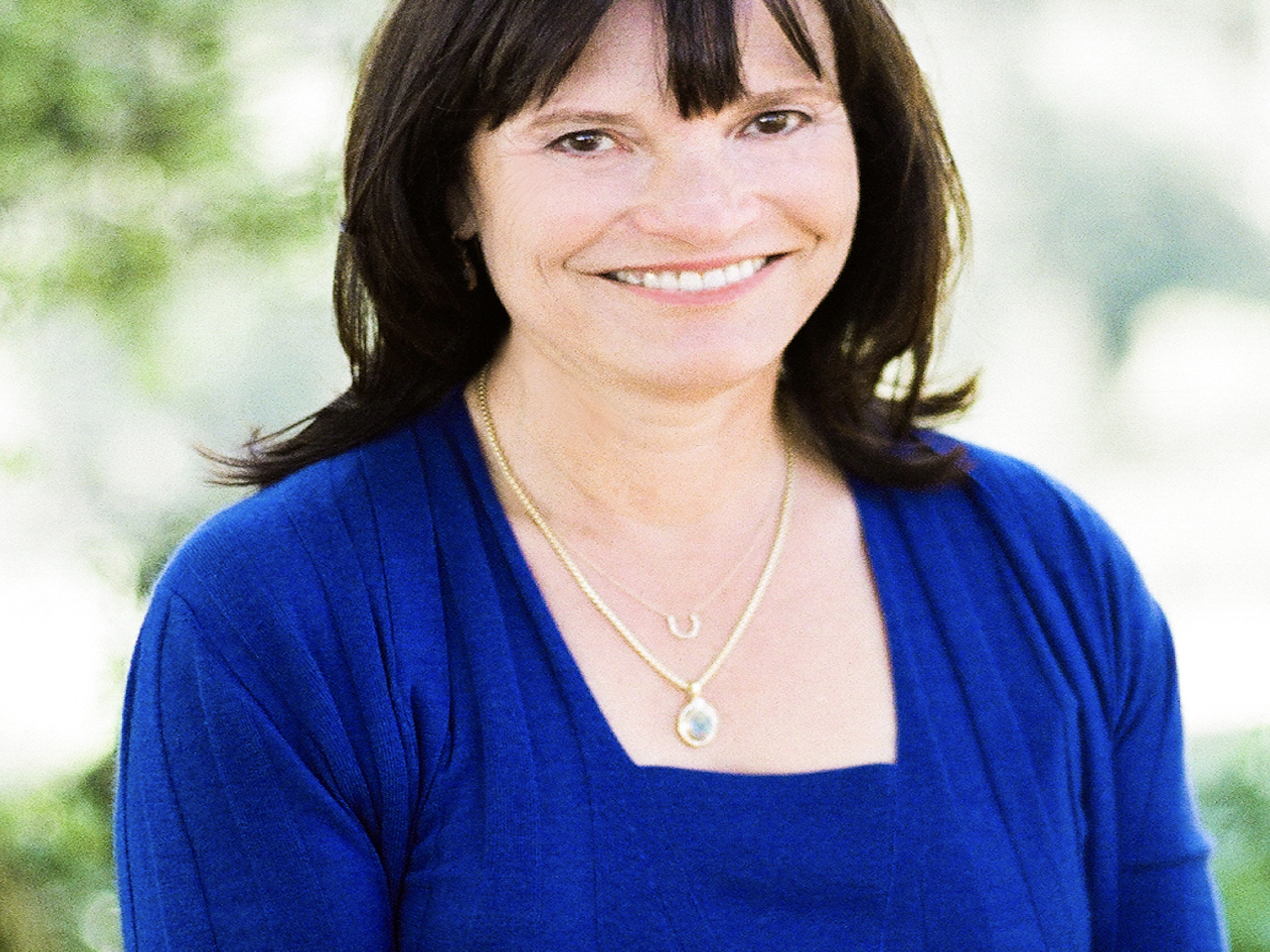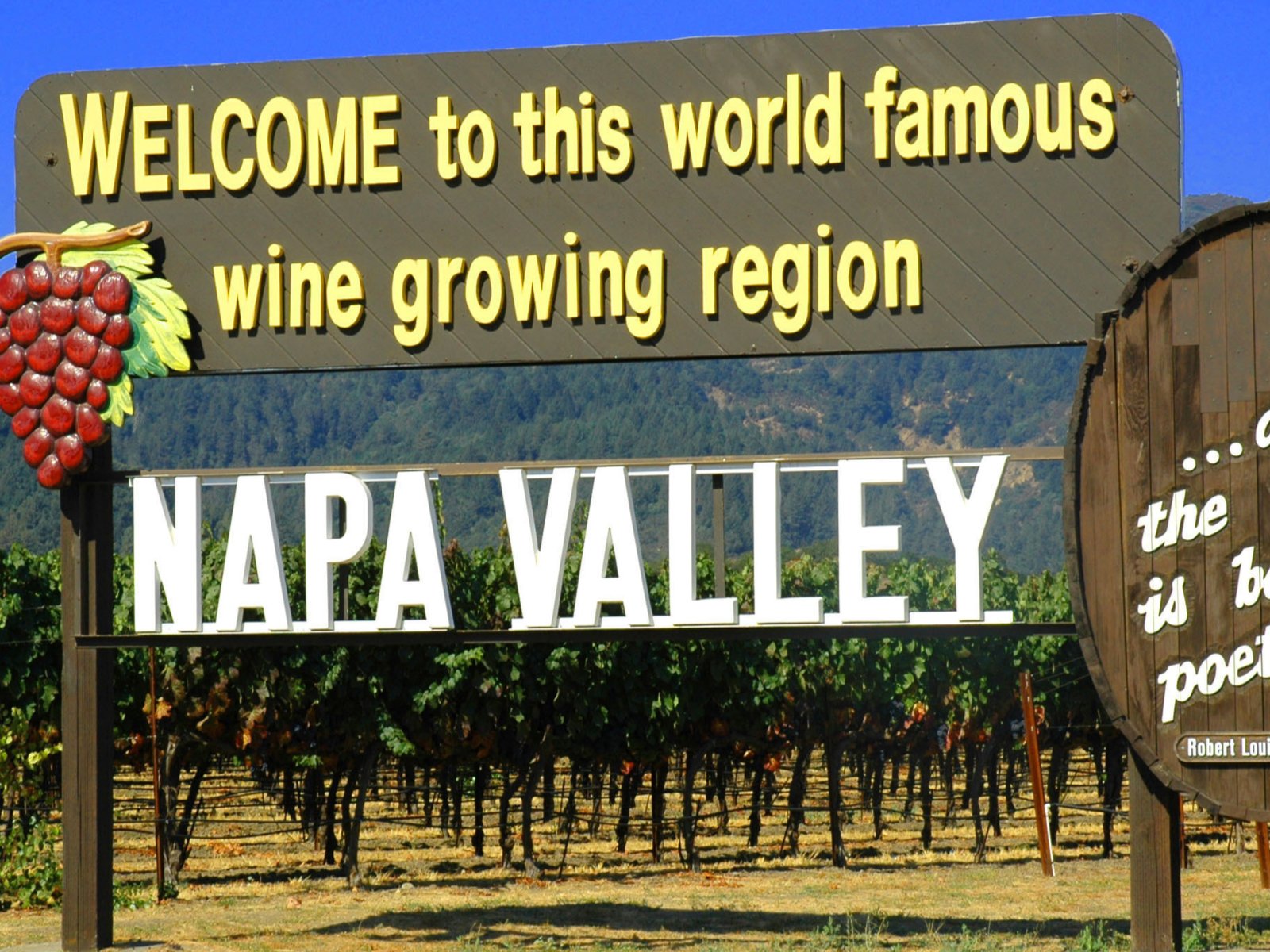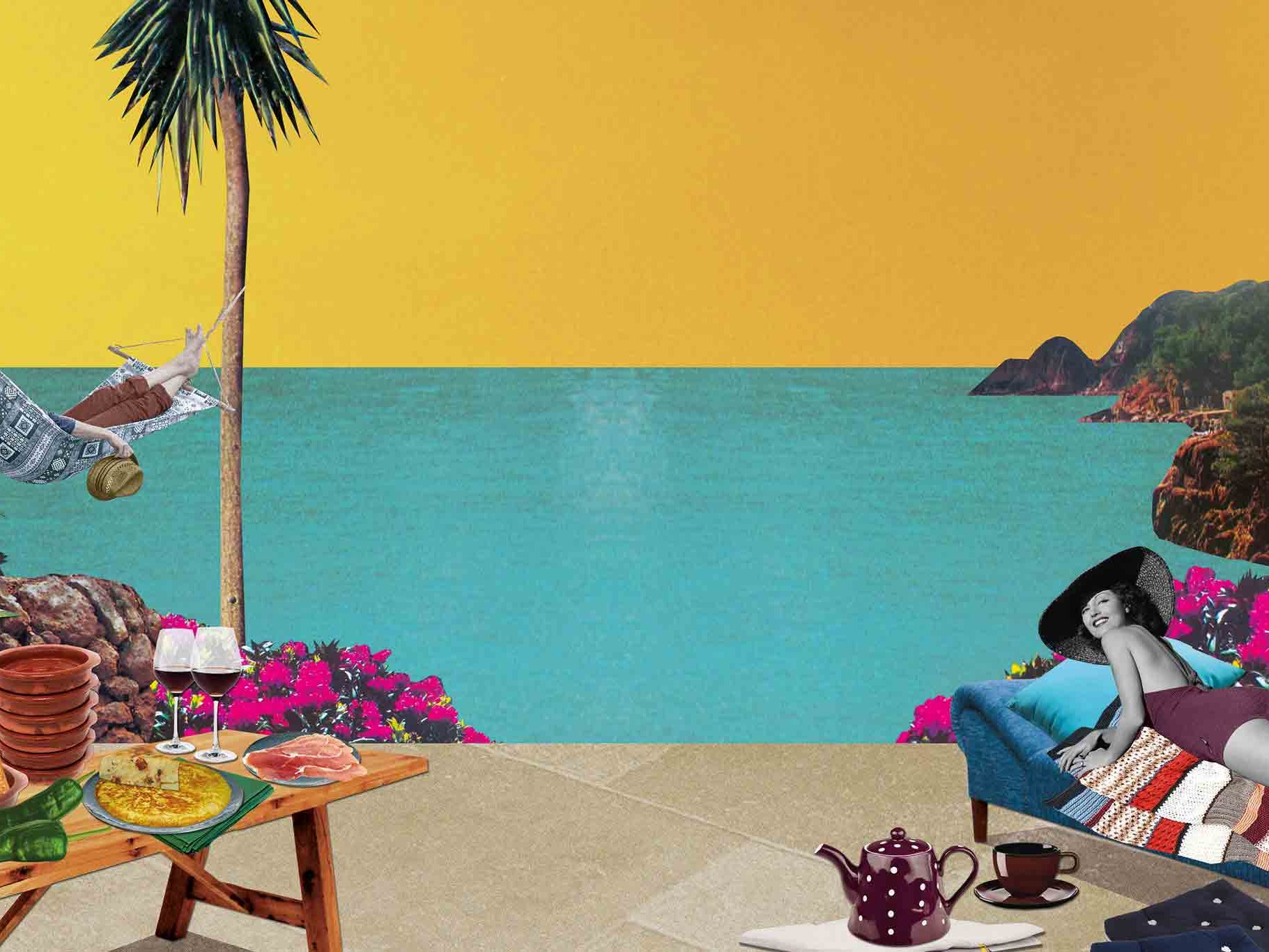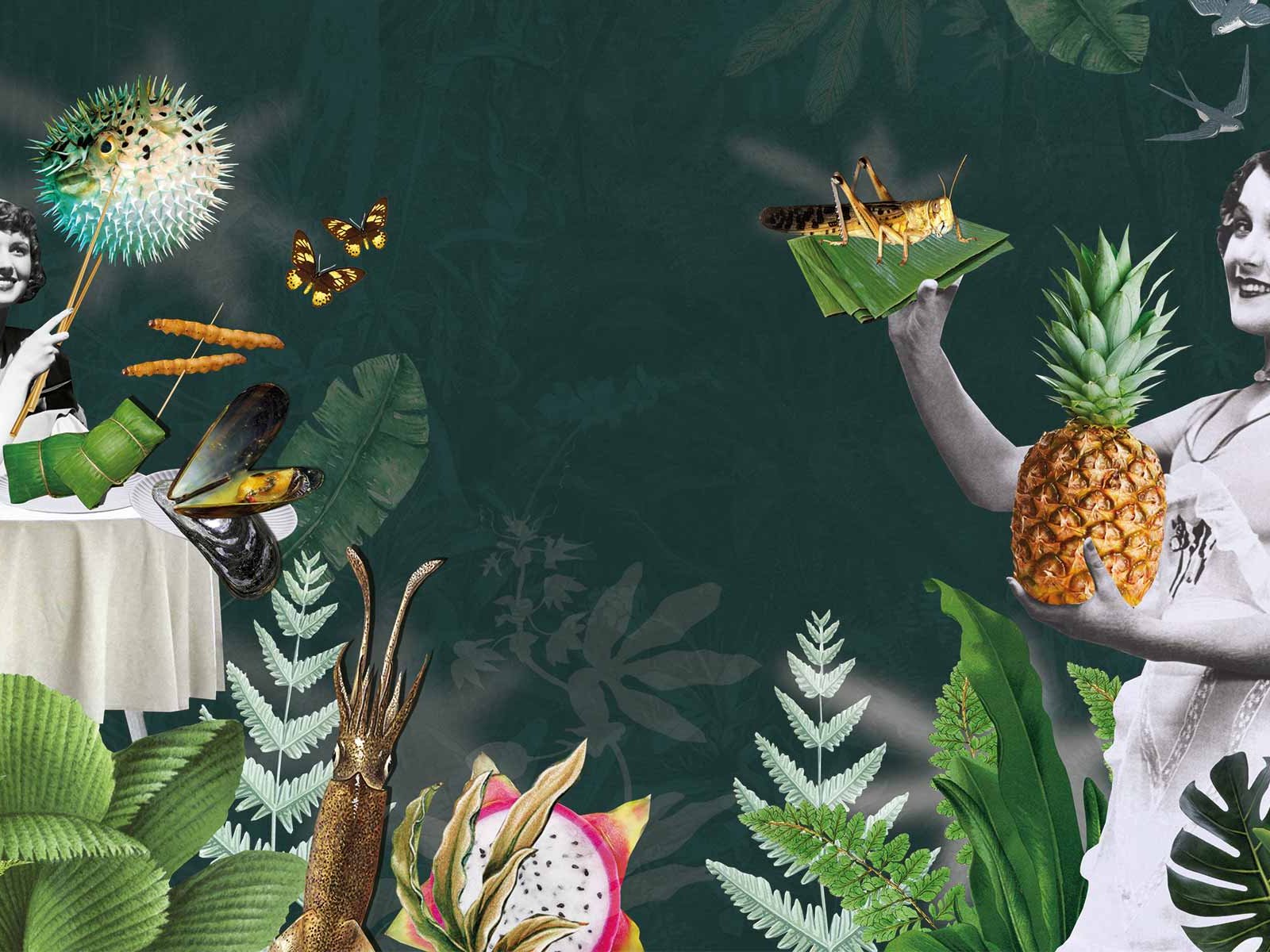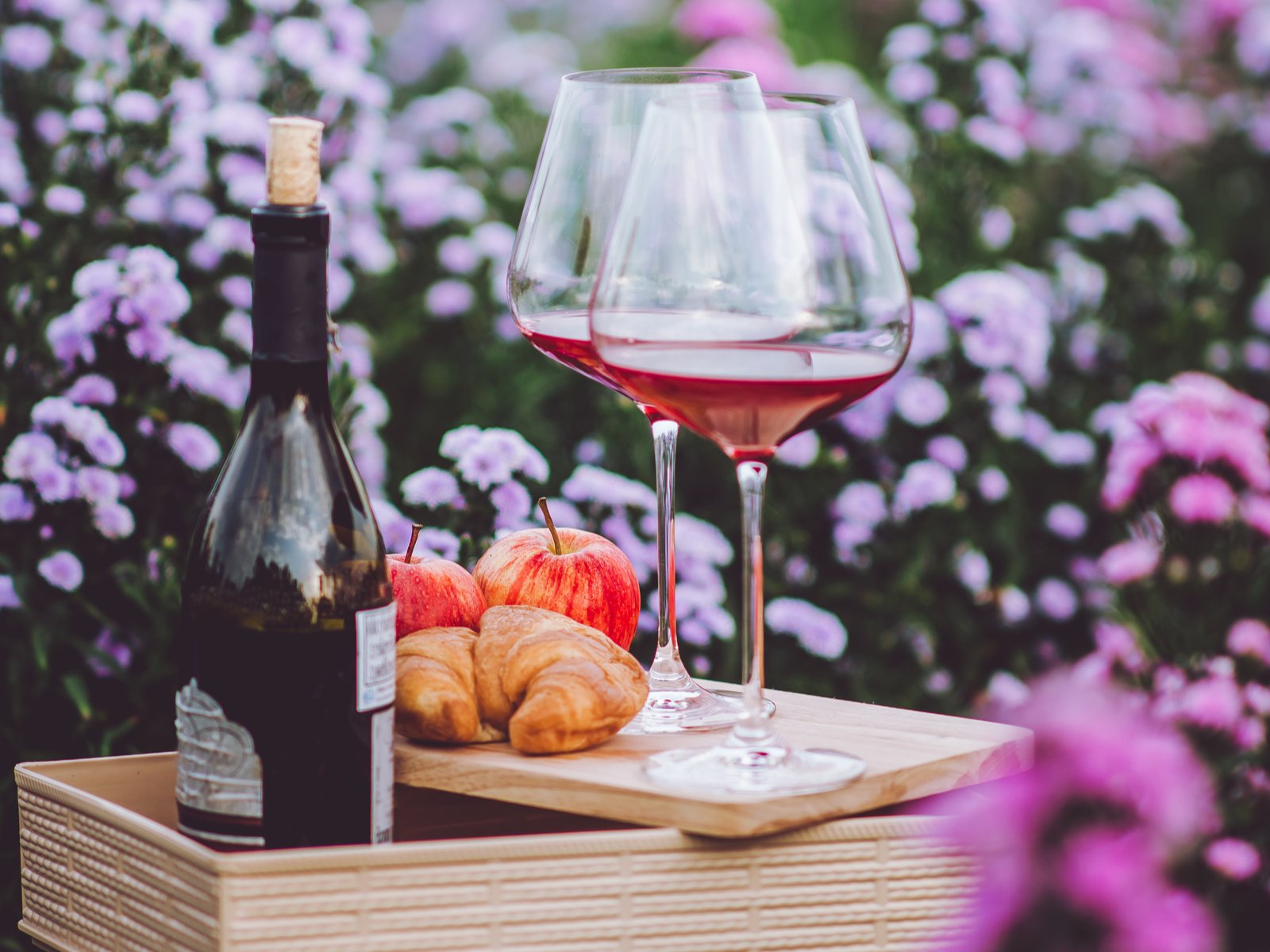What Makes a Wine Authentic?
Authenticity is a buzzword in today's wine world. Our columnist attempts a definition.
If you read enough tasting notes and wine writing, you quickly catch on to what wineries want to communicate. You will get the impression that winemakers are obsessed with making long-lived wines or showcasing kaleidoscopic complexity. Terroir is a word that constantly crops up, as does elegance, length, nuance and so on. Yet read between the lines and you will soon realise what all of this adds up to: authenticity. The holy grail of the wine world.
Unfakeable
The beauty of authenticity is that it can‘t be faked. No matter how loudly you shout about it, no matter how clever the marketing campaign, the wines that truly show their origins shine through. For years, the winds of fashion blew in another direction entirely; powerful wines made from international grape varieties were prized, often grown in regions that had little or no natural inclination to grape-growing in the first place. Fruit ripeness, extraction and heavy oak usage was the order of the day, often leading to wines that scored highly on release but faded within a few years.
Brave new world
Fortunately, the pendulum has swung back and appears to have done so with additional momentum. Planting a vineyard is a long-term decision, having producers return to planting native varieties is a statement of intent for the decades to come, rather than a short term response to market trends. Open a wine list at a restaurant in London, Paris or New York and you are likely to find a brave new world of wines organised by region and sub-region. Assyrtiko, Mencia and Zweigelt are no longer just creative answers in a game of Scrabble, but bold ambassadors for their own corners of the wine world.
True sustainability
Yet, native varieties alone don´t make for authentic wine. Nor does a wine coming from a single vineyard or plot, or from old vines. There is no fast-track. Authentic wine is made by the producers willing to put in the long years to determine what works and what doesn´t. Truly sustainable viticulture is invariably a cornerstone of this, regardless of the certification, as in winemaking that is hands-off enough to reveal the individuality of the wine, if there is one. As always, the devil is in the detail and, most poignantly, in the glass.
Evolution
Notably, authenticity also evolves: with farming, with scientific understanding, with climate change, with zeitgeist. Wines considered world-famous and best today have made their names over decades and proven their worth over years, with each and every vintage. Today, the names of Roagna, Jamet, Foillard and Dönnhoff are instantly recognisable, but they too were once underappreciated and undiscovered. The next generation of top talent is similarly more likely to be in the vineyard than putting together marketing material, so get out, taste, discover and when you find true authenticity: hold on! It´s quite a ride.

